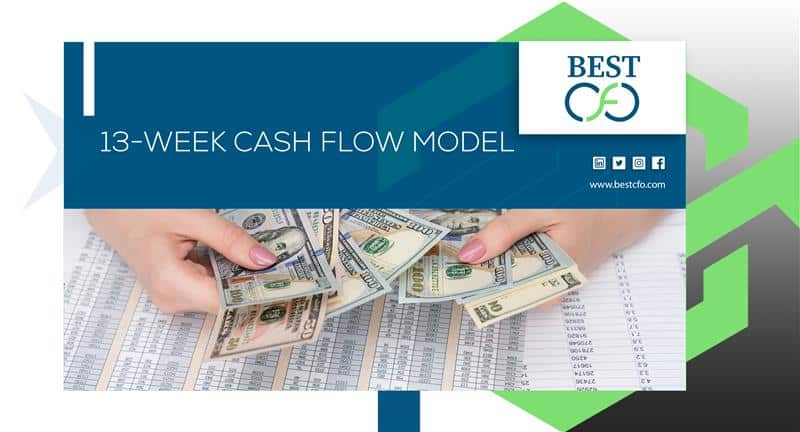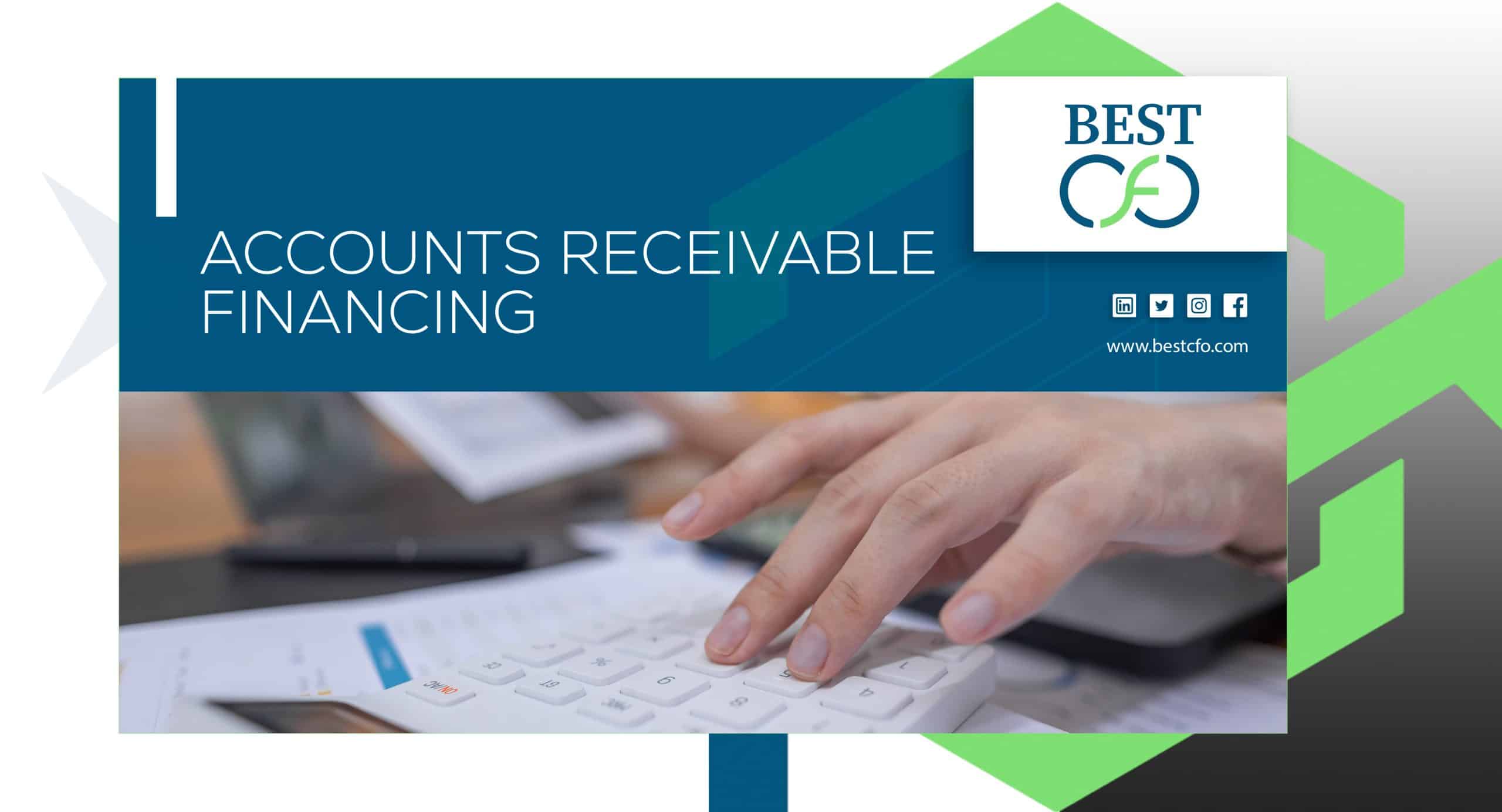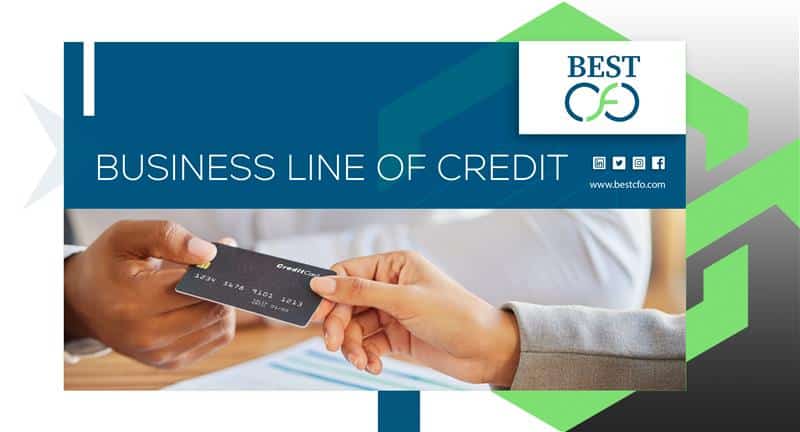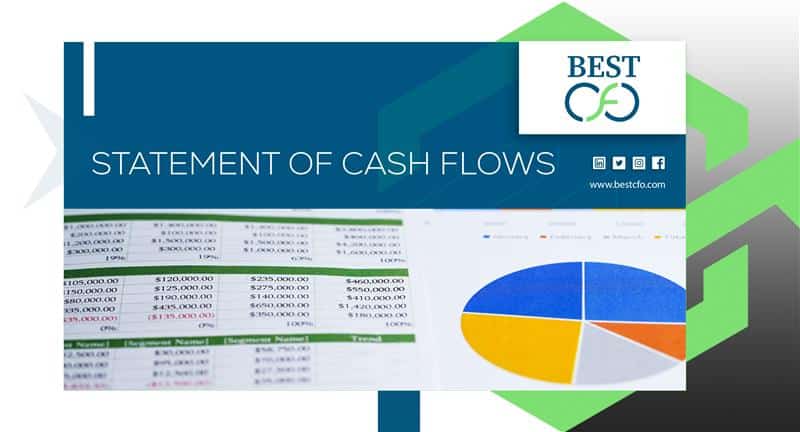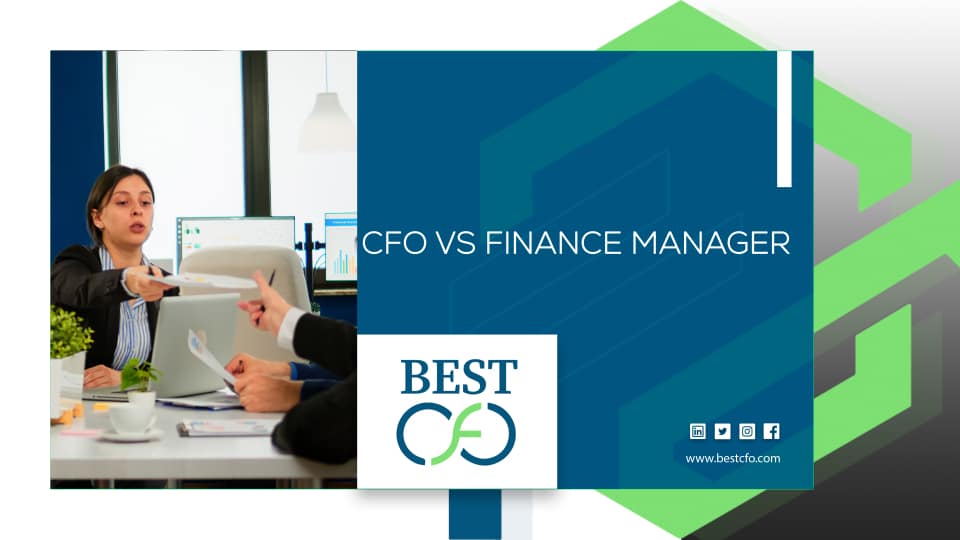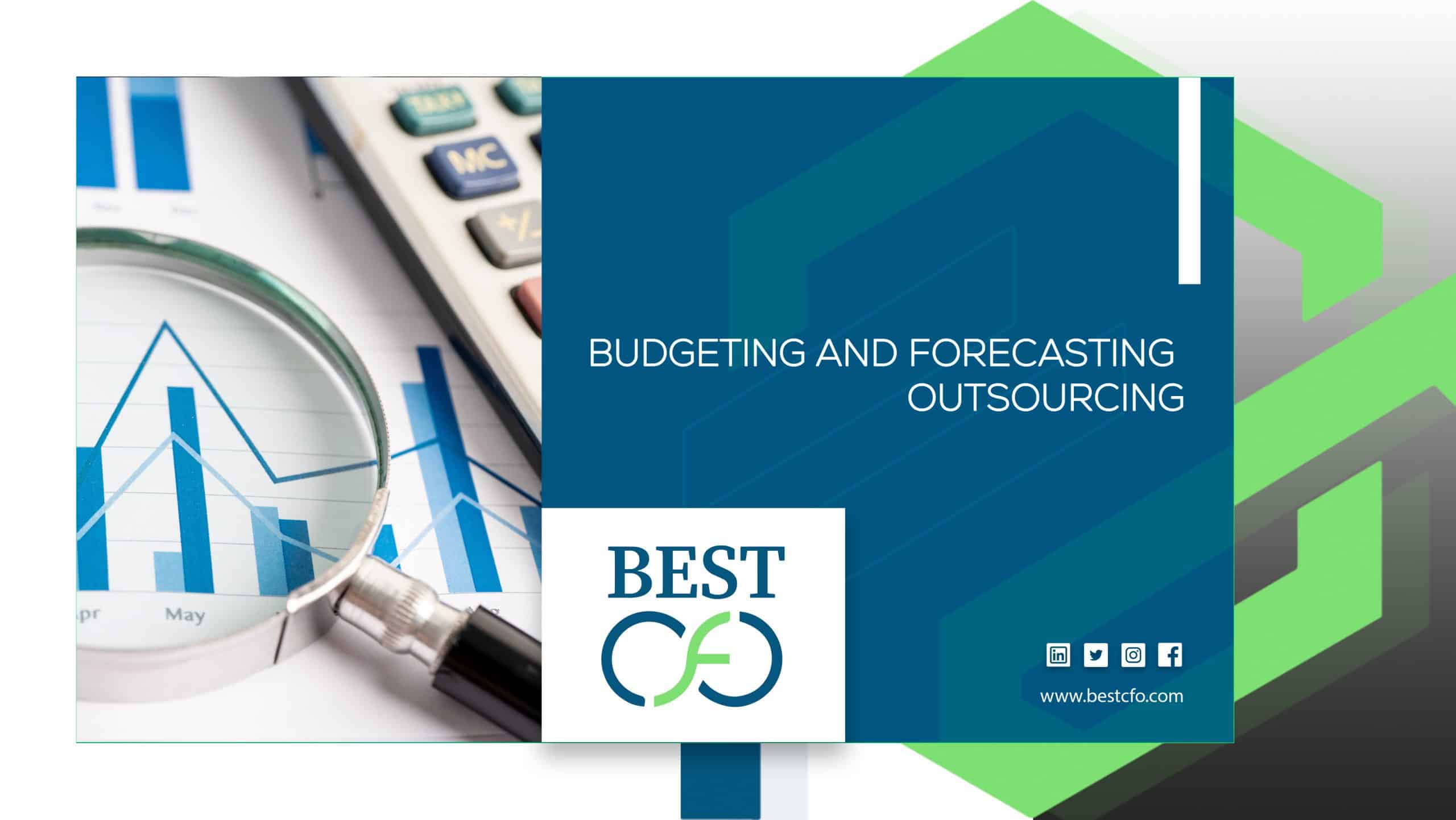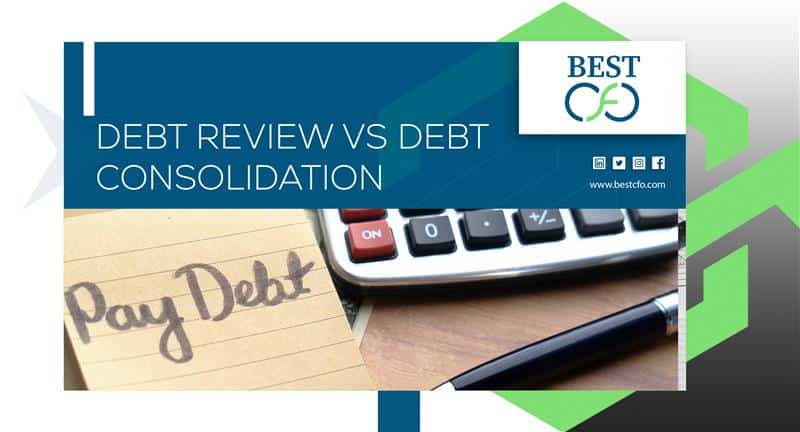
| Getting your Trinity Audio player ready... |
Debt Review vs Debt Consolidation – Key Differences Explained
Feeling overwhelmed by bills and unpaid loans? You’re not alone.
Many people today are struggling to keep up with rising debt. Whether it’s credit cards, personal loans, or unpaid bills piling up, debt can feel like a heavy burden that’s hard to shake off. That’s why finding the right way to manage your money is more important than ever.
Two of the most talked-about solutions are Debt Review and Debt Consolidation. But even though they sound similar, they work in very different ways. If you’re wondering which one fits your situation best, this blog is for you.
We’re going to break down what each option means, how it works, the pros and cons, and how to choose the right path toward financial freedom.
Understanding Debt Review
Debt review is a formal process mostly used in South Africa but has similar versions in other countries. It was created under the National Credit Act (NCA) to help people who are unable to pay all their debts.
When you enter debt review, a debt counselor looks at your full financial picture and helps you build a plan to pay back what you owe, without sinking deeper. The biggest bonus? You get legal protection, which means your creditors can’t take legal action against you while you’re under debt review.
How Debt Review Works
Let’s break it down into simple steps:
- You apply through a registered debt counselor.
- The counselor reviews your money situation and helps create a new monthly budget.
- They negotiate with your creditors for lower monthly payments or reduced interest rates.
- Once accepted, you are legally protected. No more scary calls or letters from creditors.
- You follow a structured repayment plan each month until your debts are cleared.
It’s not a quick fix—but it’s a safe one if you’re drowning in unpaid bills.
Who Should Consider Debt Review?
Debt review is made for people who are:
- Struggling with several debts at once
- At risk of being taken to court by creditors
- In need of legal protection while they work on paying back money
If this sounds like you, debt review might be a smart way to regain control without going bankrupt.
Understanding Debt Consolidation
On the other hand, debt consolidation is not a legal process but a smart financial strategy.
It means combining multiple debts into one loan—usually at a lower interest rate. Instead of juggling five different payments each month, you make just one.
This works best if you’re still able to manage your debt but want to simplify payments and possibly save money in the long run.
How Debt Consolidation Works
Here’s how it usually goes:
- You apply for a debt consolidation loan (or do a balance transfer).
- You use that loan to pay off your other debts (like credit cards, unsecured loans, etc.).
- Now, you only have to make one monthly payment, often with a lower interest rate.
- You continue paying until the new loan is fully repaid.
This method works well if you’re still in good financial standing but want more control and fewer worries.
Who Should Consider Debt Consolidation?
Debt consolidation is a great fit for people who:
- Have manageable debts but feel overwhelmed by multiple payments
- Own a good credit score, making it easier to qualify for lower rates
- Want to simplify their finances without entering a legal process
Key Differences Between Debt Review vs Debt Consolidation
Now, let’s compare the two side-by-side so you can see which might work better for you.
Feature | Debt Review | Debt Consolidation |
Type of Process | Legal process under the National Credit Act (NCA) | Financial strategy (not legal) |
Who Helps You | Registered debt counselor | Bank, lender, or credit provider |
Legal Protection | Yes – protects against lawsuits and creditor harassment | No legal protection |
Impact on Credit Score | Negative while under review; improves after completion | May improve if managed well |
Monthly Payments | Lower, fixed, court-approved payments | One payment, often at a lower interest rate |
Loan Requirements | No need for a new loan | Requires a new loan or credit product |
Eligibility | For over-indebted individuals | For those with stable income and decent credit |
Time Frame | Long-term (usually 3–5+ years) | Can be shorter if well managed |
Access to New Credit | Not allowed during the process | Allowed, but risky if you’re not disciplined |
Included Debts | Mostly unsecured debt (credit cards, personal loans) | Can cover all types if included in consolidation loan |
Goal | Clear debt with legal protection and structure | Simplify and reduce interest, speed up repayment |
Risk of Repeating Debt | Low (strict controls) | Higher if you don’t manage spending habits |
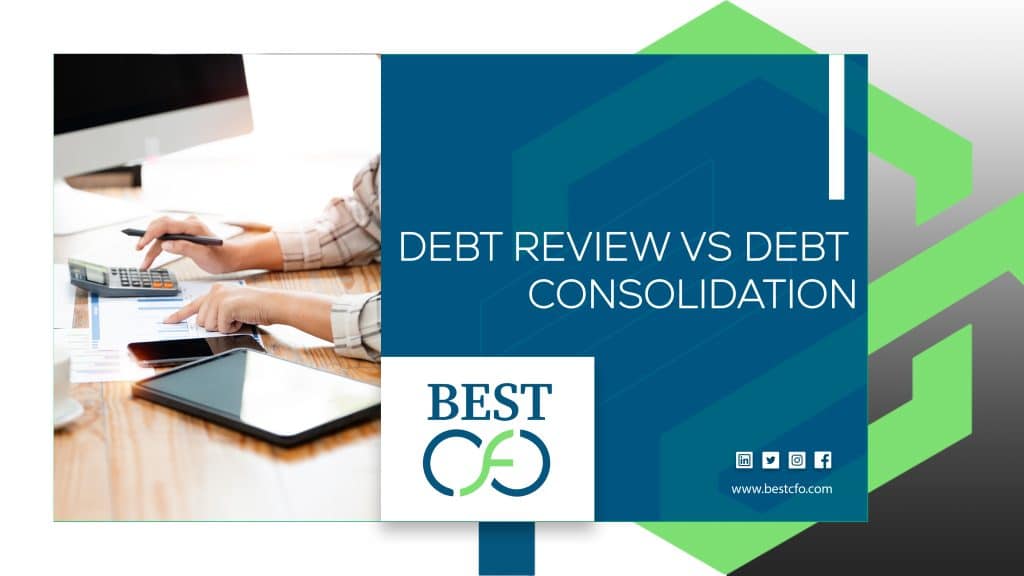
Legal Protection vs. Financial Restructuring
- Debt review gives you legal protection. Once you’re under review, your creditors can’t sue you or take further action.
- Debt consolidation is just a financial change—you’re still responsible for the full loan and creditors can still act if you don’t pay.
Impact on Credit Score
- Being under debt review may lower your credit score, and it will show that you’re under debt counseling.
- With debt consolidation, your credit score may improve—as long as you make your payments on time.
Flexibility in Repayment
- Debt review plans are fixed and court-approved, so you must follow the agreed terms.
- Debt consolidation loans can be more flexible, and you may be able to adjust terms depending on your lender.
Eligibility and Qualification
- Debt review is for people who are already over-indebted.
- Debt consolidation requires steady income and good credit to qualify for favorable terms.
Long-Term Financial Impact
- Debt review is a long journey—usually taking 5+ years—but it’s solid and legally protected.
- Debt consolidation can be faster, but only if you’re disciplined and don’t take on more debt after combining your loans.
Pros and Cons of Debt Review
Pros:
- Full legal protection from creditors
- Lower monthly payments that fit your budget
- No more harassment from debt collectors
Cons:
- Credit score takes a hit while you’re under review
- You can’t get new credit until the process is done
- Some debts (like secured loans) may not be included
Pros and Cons of Debt Consolidation
Pros:
- One simple payment instead of many
- Can get lower interest rates with good credit
- May help you get debt-free faster if you stay on track
Cons:
- Need a good credit score to get the best rates
- Risk of falling back into debt if you don’t control spending
- Extra fees may apply (balance transfer or loan setup fees)
Which Option is Right for You?
When to Choose Debt Review:
- You’re struggling with too many payments
- You’ve received letters or lawsuits from creditors
- You need a legal safety net while you fix your finances
When to Choose Debt Consolidation:
- Your debt is manageable, but interest rates are too high
- You have steady income and a solid credit score
- You want to organize your payments and save money over time
Alternative Options to Consider:
- Debt settlement – Negotiate to pay less than you owe in one lump sum
- Bankruptcy – A last-resort legal process when all other solutions fail
- Debt snowball method – Focus on paying the smallest debts first while making minimum payments on others
Each of these has its own risks and benefits, depending on your financial stability, goals, and how much debt you have.
Conclusion
Debt can feel like a mountain—but you have options to climb over it.
When comparing Debt Review vs Debt Consolidation, think about your current situation:
- Do you need legal help and structure? Go for debt review.
- Can you manage on your own with some smart planning? Debt consolidation could work better.
No matter which path you choose, the goal is the same: get out of debt and take back control of your life.
And if you need expert guidance, Best CFO is here to help you choose the right debt solution. Talk to our friendly team today and take your first step toward freedom.
FAQs
1: Will debt review remove all types of debt?
No. It mainly covers unsecured debt (like personal loans and credit cards). Secured loans (like a mortgage or car loan) may not be included.
2: Can I get a loan while under debt review?
No. You’re not allowed to apply for new credit during the process.
3: Is debt consolidation better than bankruptcy?
Yes, if your debt is still manageable. Bankruptcy should be your last option.
4: Will debt consolidation lower my interest rate?
It can, especially if you have a good credit history and qualify for better terms.
5: What if I miss a payment under debt review?
You could lose your legal protection, so always stick to your repayment plan.
Previous Post
Expenses vs COGS: What’s the Difference & Why It Matters
Post a comment Cancel reply
Related Posts
The 13-Week Cash Flow Model Every Business Needs
How to Improve Your Bad Debt to Equity Ratio: A Complete Guide If you’ve ever…
Accounts Receivable Financing: Pros and Cons You Need to Know
How to Improve Your Bad Debt to Equity Ratio: A Complete Guide If you’ve ever…
Cash Flow Insights: How a Business Line of Credit Keeps You Agile
How To Prepare Annual Budget For A Company: An Ultimate Guide When it comes to…
What Are The Sections of The Statement of Cash Flows?
Audit of Financial Statements: Guide for Business Owners Running a business means keeping track of…
 Demos
Demos  Colors
Colors  Docs
Docs  Support
Support 



